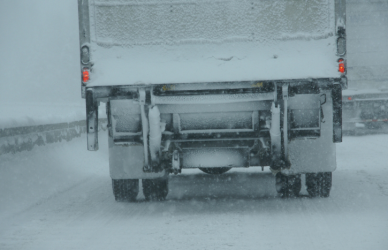A legislative panel in Utah is actively seeking solutions to address the rising concern of road rage incidents on state roadways.
According to data from the Utah Department of Transportation, there has been an average of 25 aggressive driving-related fatalities annually in the past four years, marking a significant increase from the previous six years when the state averaged fewer than 14 incidents per year.
In response to this trend, the Transportation Interim Committee convened to discuss a proposed measure aimed at establishing a formal definition for road rage within the state’s statutes.
The definition of a “road rage event” encompasses criminal offenses committed by a vehicle’s operator or passenger in response to an incident occurring or escalating on a roadway, with the explicit intent to endanger or intimidate individuals in other vehicles.
The proposed legislation introduces severe penalties for such offenses, allowing them to be categorized as road rage and incurring additional consequences. Beyond potential imprisonment, law enforcement would be empowered to seize and take possession of a vehicle without a warrant if there is probable cause linking the vehicle to a road rage event. The impound fee for any vehicle involved would be set at $400.
Police would be mandated to seize and take possession of a vehicle if there is probable cause to believe a firearm was used during the road rage incident. The bill also explicitly designates a motor vehicle as a deadly weapon.
During the committee meeting, Rep. Paul Cutler, R-Centerville, emphasized that individuals could face charges of aggravated assault if their vehicle is deployed as a deadly weapon in a road rage scenario. Additionally, the proposed legislation grants judges the discretion to suspend the offender’s driver’s license, with multiple offenses within a 12-month period resulting in a mandatory suspension.
However, not all panel members were convinced that enhancing penalties alone would effectively address the issue. Rep. Jordan Teuscher, R-South Jordan, expressed skepticism, suggesting that while road rage is undoubtedly a serious problem, tougher penalties may not necessarily alter driver behavior.
“When someone gets into that state, it’s their emotions, it’s their anger, it’s everything else that is driving them,” Teuscher said.
Acknowledging that the law won’t eliminate underlying anger issues, Cutler urged fellow lawmakers to support the proposed rules and underscore the severity of road rage as a significant issue deserving serious attention.
“I think it’s important that we include a campaign to help people think about ahead of time: ‘before I get in that car before I drive, I’m going to make the decision not to be angry, or not to let someone else make me angry and do something I would regret and ruin my life or the life of someone else,’” Cutler said.
The committee ultimately voted 12-3 to allow the bill’s consideration during the regular session commencing on Jan. 16.
Source: Land Line











